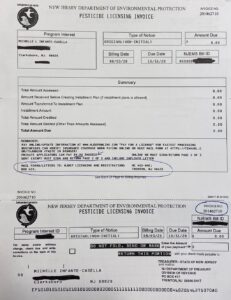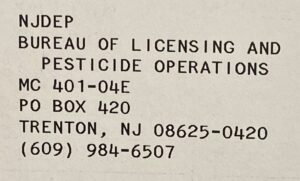Farmers and others are welcome to join this bi-weekly teleconference every-other Wednesday night from 7:00pm-8:00pm in October. The 10/14/20 webinar/call in event is the 3rd of 4 events. The last webinar in this series will be on October 28th. Events are hosted by Rutgers Cooperative Extension Agricultural Agents working with the farming industry.
This call-in or WebEx webinar event features updates on farm management, crop conditions, farm industry observations, agricultural agency programs and other topics discussed by farmers, agricultural agents and other agricultural service providers.
Some topics for this Wednesday include:
1. Status of the New Jersey Vegetable Growers Convention in 2021
2. Fall Season Updates
Hosted by Agricultural Agents Bill Bamka, Stephen Komar, Michelle Infante-Casella and Meredith Melendez, this bi-weekly communication provides a forum for discussion for farmers and all involved in NJ agriculture, including agricultural agency personnel, non-profit organizations and others.
To join the “Ask the Ag Agent” forum each week on a computer/tablet/smartphone via the WebEx Videoconference
Click Here to Join or use the link https://go.rutgers.edu/g4v4gy0x
To Join by phone call:
+1-650-429-3300 passcode 1202639477##
For this event and other Rutgers Cooperative Extension events see the NJAES Calendar.
 Rutgers Cooperative Extension Agricultural Agents have been receiving questions from farmers on what to do with the renewal applications they recently received from
Rutgers Cooperative Extension Agricultural Agents have been receiving questions from farmers on what to do with the renewal applications they recently received from 


